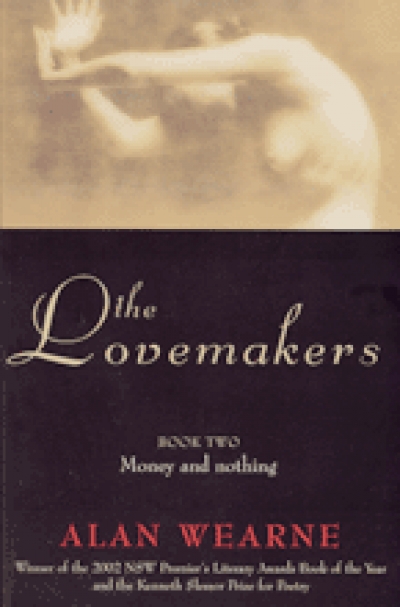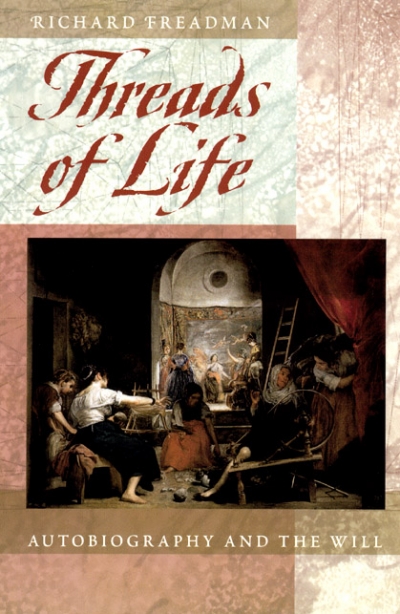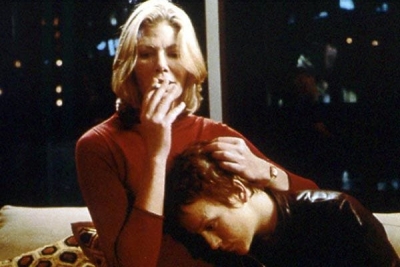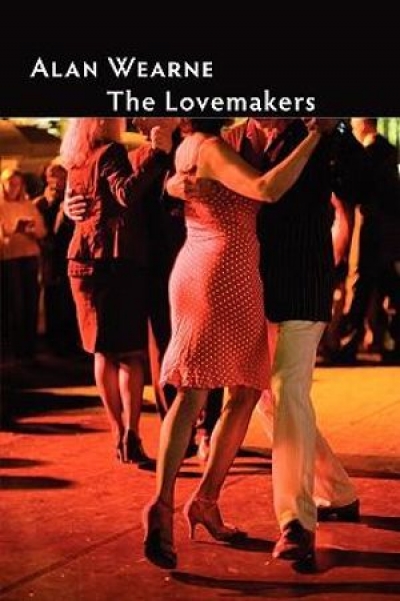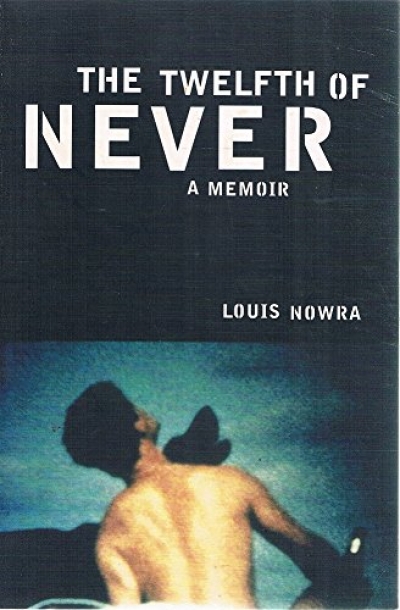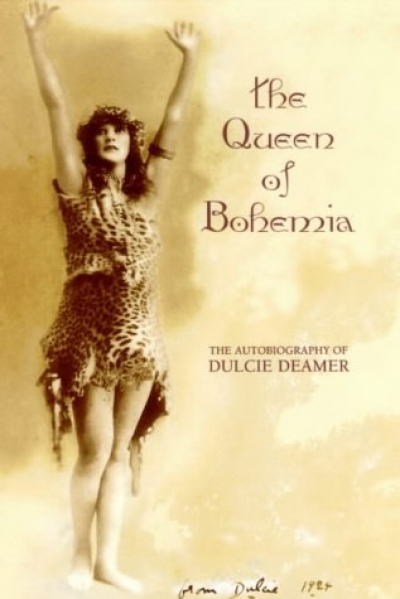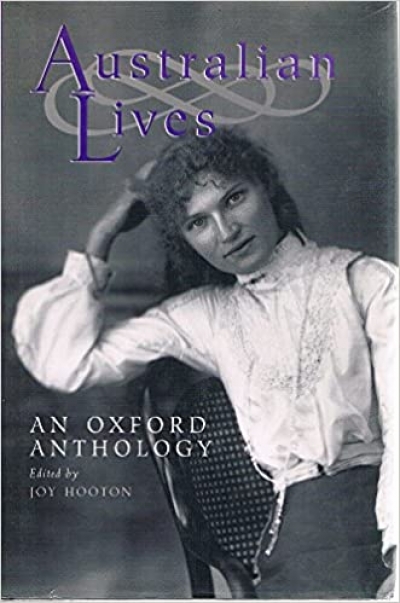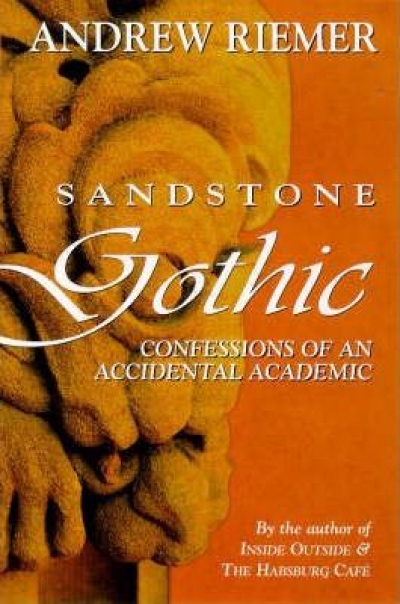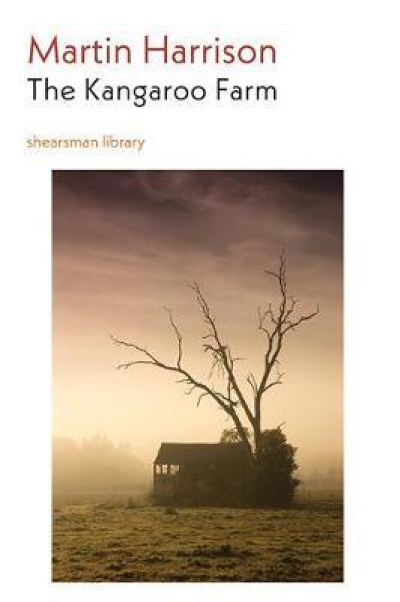David McCooey
God, the lonely father,
shuffles through the
corridors of heaven,
haunted by angels –
memories of desire,
the source of nostalgia.
Threads of Life: Autobiography and the will by Richard Freadman
by David McCooey •
La Trobe University Essay | 'Infidelity: "The Monkey’s Mask" in Poetry and Film' by David McCooey
by David McCooey •
Movies are often criticised for their lack of fidelity, for not keeping faith with their sources, especially novels, their audience, or their glorious antecedents. Infidelity is also a key plot device, especially of genre films: melodrama, comedy, crime, even the western. We keep going back to the movies partly because they don’t give us what we want. The New York poet Frank O’Hara suggests this in ‘An Image of Leda’, his breathless adaptation of the myth of Leda and the Swan as an allegory for watching films:
... (read more)The Queen of Bohemia by Dulcie Deamer & An Incidental Memoir by Robin Dalton
by David McCooey •
Sandstone Gothic: Confessions of an accidental academic by Andrew Riemer
by David McCooey •

